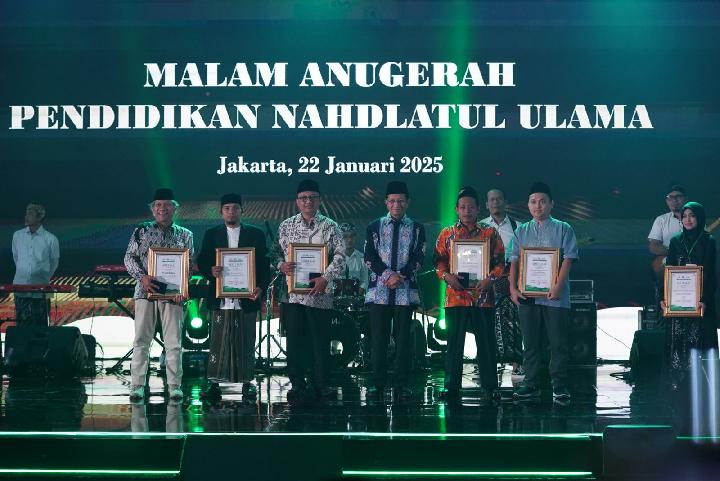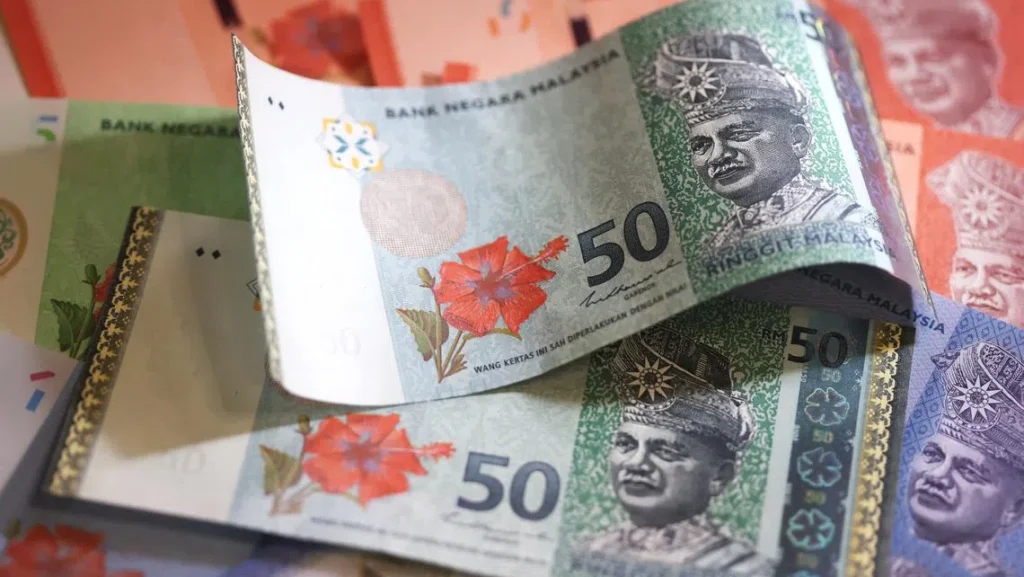Jakarta, Indonesia – In a significant move reinforcing its cultural and educational leadership in Indonesia, the Nahdlatul Ulama Executive Board (PBNU) commemorated its 102nd anniversary with a night of tribute to outstanding educational figures and institutions across the archipelago. The awards ceremony, held on Wednesday, January 22, 2025, highlighted PBNU’s longstanding commitment to education as a pillar of national transformation.
PBNU Chairman Ulil Abshar Abdalla described the initiative as an act of acknowledgment, not merely toward the recipients, but for the broader Nahdliyin community and Indonesian society. “They are not the ones who need these awards—we are the ones who need to recognize them,” Ulil stated, emphasizing that education lies at the heart of Indonesia’s future.
The ceremony was also attended by senior government officials, including Minister of Culture Fadli Zon, who praised PBNU’s role as a cultural and educational force shaping generations of ethical, informed citizens. “Nahdlatul Ulama has proven to be a transformative social agent, nurturing knowledge, values, and character,” he said.
The awards recognized contributions across all levels of education—from early childhood and primary schools to pesantren (Islamic boarding schools) and universities. Each recipient was honored with a certificate and commemorative gold minted by Indonesia’s Antam.
Among the notable awardees were Afifuddin Dimyati and Azaim Ibrahimy, renowned religious educators from East Java. In the pesantren category, five institutions stood out, including the Pesantren Ekologi Ath Thaariq (Garut, West Java) and Pondok Pesantren Yaa Bunayya (Jayapura, Papua)—underscoring PBNU’s commitment to geographically inclusive recognition.
The early childhood education category (PAUD) saw honors awarded to TK Muslimat NU Sumedang and KB TK Muslimat 2 Jakarta Barat, reflecting PBNU’s grassroots reach. Meanwhile, a range of primary and secondary institutions, such as SMK NU Ma’arif Kudus and MTs Ma’arif Tolangohula (Gorontalo), also received accolades.
At the tertiary level, Universitas Nahdlatul Ulama NTB, Universitas NU Sidoarjo, and Universitas Ma’arif Lampung were acknowledged for their continued contributions to higher education and community development within the NU framework.
PBNU’s awards event signals more than ceremonial recognition—it is a strategic reinforcement of education as a unifying force in Indonesia’s diverse society. In a region where cultural pluralism and decentralized governance often intersect with educational disparity, the role of civil society organizations like PBNU becomes increasingly vital.
As Southeast Asia grapples with questions of identity, inclusivity, and education equity, PBNU’s model of faith-based civic engagement offers a compelling case study in how traditional institutions can serve modern public policy goals, particularly in preparing human capital for the challenges of 2045 and beyond.









